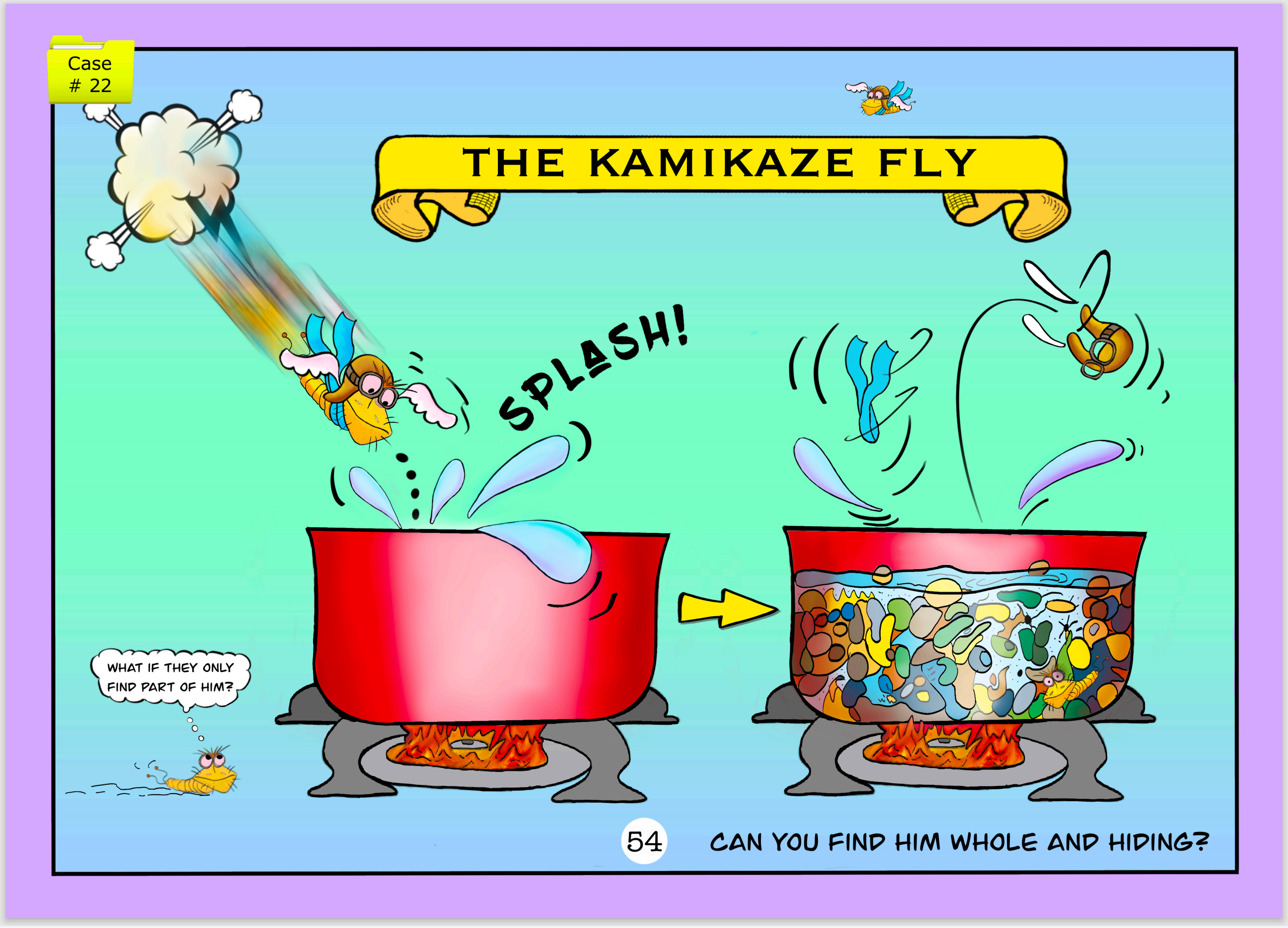“You shall not desecrate My holy Name, rather I should be sanctified among the Children of Israel, I am Hashem Who sanctifies you. Who took you out of the land of Egypt to be a God unto you; I am Hashem”. (22:32-33)
Rashi explains that one must not transgress the words of Hashem willfully. Rather one must surrender his life in order to sanctify the Name of Hashem. When a person is willing to die “al Kiddush Hashem’ this is mesirus nefesh at its highest level.
The laws of mesirus nefesh however apply only to Jews. For example, if a non-Jew is given the choice of transgressing the laws of idol worship or being killed, he may bow down to the idol to save his life. The same holds true for the other six mitzvos of Bnai Noach. What is the intrinsic difference between a Jew and a non-Jew concerning the laws of mesirus nefesh?
We find the answer at the end of the pasukim, “Who took you out of the land of Egypt….” When Hashem redeemed us from slavery he acquired us body and soul. In essence the pidyon (redemption) was an acquisition. And because we belong to Hashem we must use our bodies to serve him.
Being that Hashem “owns” us we are obligated to serve Him. Therefore, we must be careful how we eat, dress and speak. We must go beyond the desire for excessive comforts and be ready to live a life of “pas v’melach tochal” (eating bread and salt).
Through mesirus nefesh we are able to elevate the physical world to a ruchnias (spiritual) world. A non-Jew is missing that ability because he is not owned by Hashem. Therefore, if he wants to be spiritual he must leave the physical world behind. For example, if a non-Jew brings a Korban Todah (thanksgiving sacrifice) he is forbidden to eat it. However, a Jew may eat from the Korban Todah because he is able to eat ‘le’shaim shamayim’. In this way he elevates the food and the act of eating from something physical to something spiritual.
The pursuit of spirituality is measured by our intentions and our mesirus nefesh. And the results are that the world around us is transformed from the mundane to the profound.
Over the years people have asked me if I would ever draw cartoons depicting some of the cases found in Yora Daya. Well, the answer is yes! I recently published a sefer called The Great Game of Kashrut. Click on the link to find out more: The Great Game of Kashrut

To order a copy of The Great Game of Kashrut follow this link: The Great Game of Kashrut
If you would like to dedicate a Davar Torah in honor of a special occasion or in memory of a beloved family member please contact Yisroel Simon at yisroel@judaism613.com.
Good Shabbos,R’ Channenjudaism613.org